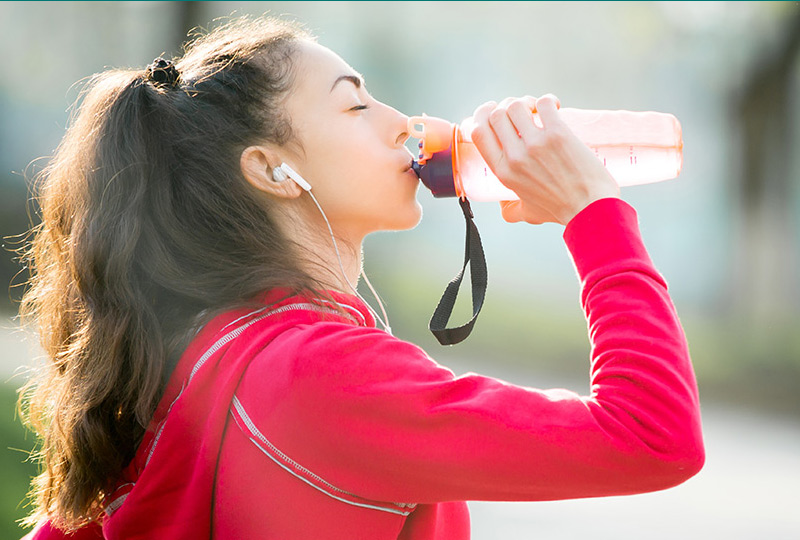Here’s a guide to help student athletes fuel up with proper nutrition and recover well.
Got a young athlete in your family? All those workouts boost appetites. Active children and teens may be tempted to load up on chips, fries, soda and other foods that are filling — but junk food doesn’t nourish kids’ bodies with the fuel they need to excel in their sports.
Eating a healthy diet goes a long way toward helping athletes perform their best. Healthy nutrition is essential for boosting energy, lowering risk of injury, helping muscles recover faster, sharpening concentration and maintaining a healthy weight.
The sports medicine experts at Vanderbilt Orthopaedics recommend these nutrition strategies to help ensure that your soccer-football-cheerleading-volleyball-loving kids feel good while enjoying their sports. (Of course, these tips apply to non-athletes, too.)
- Eat a nutritious breakfast daily. A mix of protein and complex carbohydrates is ideal. Think eggs scrambled with vegetables, rolled in a whole-grain tortilla, with a banana and a glass of milk on the side. Yogurt layered with granola, nuts and fruit in a to-go cup is another great option that is perfect for the child that is in “too big a hurry” for breakfast.
- Choose low-fat or non-fat dairy products.
- Stash healthy snacks in backpacks and gym bags. Great choices include granola bars, pretzels, peanut butter crackers, dried fruit and nuts, and whole fruits.
- Avoid fried foods.
- Choose baked, broiled or grilled lean meats and fish instead of fried.
- Eat lots of fruits and vegetables.
- Limit sugar and sweets.
- Not all fats are bad. Avocado, nuts and seeds, nut butters and olive and other vegetable oils contain healthy fats.
- Drink water, 100 percent fruit juice or low-fat or non-fat milk.
- Avoid sodas and energy drinks. These encourage dehydration and contain a lot of sugar. Energy drinks contain caffeine, which can cause headaches and interfere with sleep.
Pre-concussion baseline testing is like a pre-season physical of the brain. The test enables medical professionals to record an athlete’s normal neurological state to aid in future treatment if an athlete sustains a concussion. Vanderbilt offers baseline testing in Nashville, Franklin and Mt. Juliet, Tennessee. Call the Vanderbilt Sports Concussion Center hotline at 615-875-VSCC to schedule an appointment.

